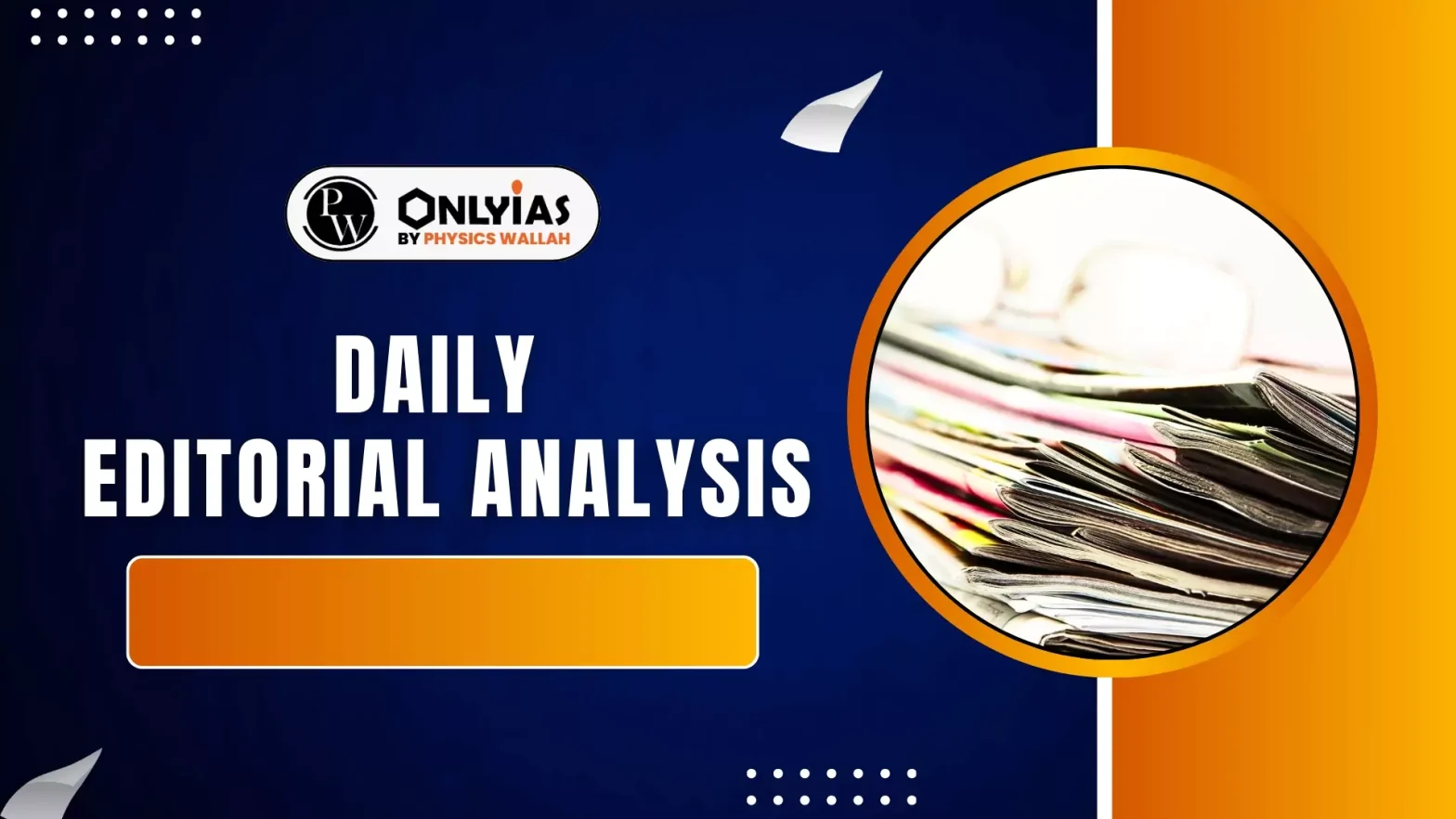Recent Supreme Court judgments have reignited debate on the constitutional and ethical legitimacy of Preventive detention
About Preventive Detention
- Preventive Detention: Preventive detention allows the state to detain a person without trial or conviction to prevent them from committing a potential offence.
- It is an extraordinary power that limits personal liberty under exceptional circumstances.
- Constitutional Provision: Articles 22(3)–(7) allow preventive detention laws that enable detention without trial in certain cases.
- A person ensnared in this Bermuda Triangle of Article 22 is effectively cut off from the Golden Triangle of Articles 14, 19, and 21, and is plunged into legal darkness.
Historical and Constitutional Background of Preventive Detention
- Colonial Legacy: Preventive detention originated in the Bengal Regulations of 1818 and was retained under the Government of India Act, 1935 to maintain public order.
- Post-Independence, despite Britain restricting such measures to wartime, India adopted them permanently.
- Early Judicial Validation:
- In A.K. Gopalan vs State of Madras (1950), the Supreme Court upheld the Preventive Detention Act, ruling that such detentions could be judged only under Article 22.
- This isolated preventive detention from Articles 14, 19, and 21 — creating a constitutional “Devil’s Island.”
- Judicial Evolution:
- Maneka Gandhi vs Union of India (1978): This landmark case expanded Article 21 by linking it with Articles 14 and 19, ensuring that “procedure established by law” must be fair, just, and reasonable.
- A.K. Roy (1982): The Court held that preventive detention laws cannot be challenged under Articles 14 or 19.
- Continuing Executive Overreach: Preventive detention laws such as KAAPA (Kerala Anti-Social Activities Prevention Act) employ overly broad definitions like “goonda” or “rowdy,” giving sweeping powers to the state.
- Advisory boards meant to check misuse often act as mere formalities rather than effective safeguards.
Supreme Court’s Recent Observations
- In Dhanya M. vs State of Kerala (2025), the Court stressed that preventive detention is an extraordinary power to be used sparingly and strictly per constitutional safeguards.
- It reiterated the distinction between “public order” and “law and order” and stated that detention cannot replace prosecution or bail.
- In S.K. Nazneen vs State of Telangana (2023), the Court ruled that preventive detention cannot apply to mere law and order issues.
- In Rekha vs State of Tamil Nadu (2011) and Banka Sneha Sheela vs State of Telangana (2021), the Supreme Court affirmed that preventive detention is an exception to Article 21 and must be tested against it.
Ethical Dilemmas Related To Preventive Detention
- Pre-Crime Logic: The logic of preventive detention mirrors that of Minority Report (2002), where individuals are punished for crimes not yet committed.
- It undermines foundational legal principles — presumption of innocence, fair trial, and right to be heard.
- Fallibility of Predictive Detention: The “subjective satisfaction” of the detaining authority is prone to error and misuse, especially against dissenters or political opponents.
- Weak procedural safeguards heighten the risk of arbitrary state action.
Way Forward
- Restricting the Scope: Preventive detention should be confined to exceptional threats such as terrorism or transnational crimes, not used for routine law and order issues.
- Strengthening Safeguards: Advisory boards must be independent and function as genuine checks, not rubber stamps.
- Regular judicial review should ensure compliance with Article 21 standards of fairness and reasonableness.
- Re-examining Constitutional Validity: There is an urgent need to revisit the precedents set in A.K. Gopalan and A.K. Roy in light of modern constitutional jurisprudence.
- Preventive detention laws must be harmonised with the “Golden Triangle” of Articles 14, 19, and 21 to uphold liberty and justice.
Conclusion
Preventive detention, meant to safeguard public order, has become a tool of executive convenience. Without constitutional reform and judicial restraint, it will keep undermining the fundamental freedoms the Constitution upholds.
![]() 9 Oct 2025
9 Oct 2025
